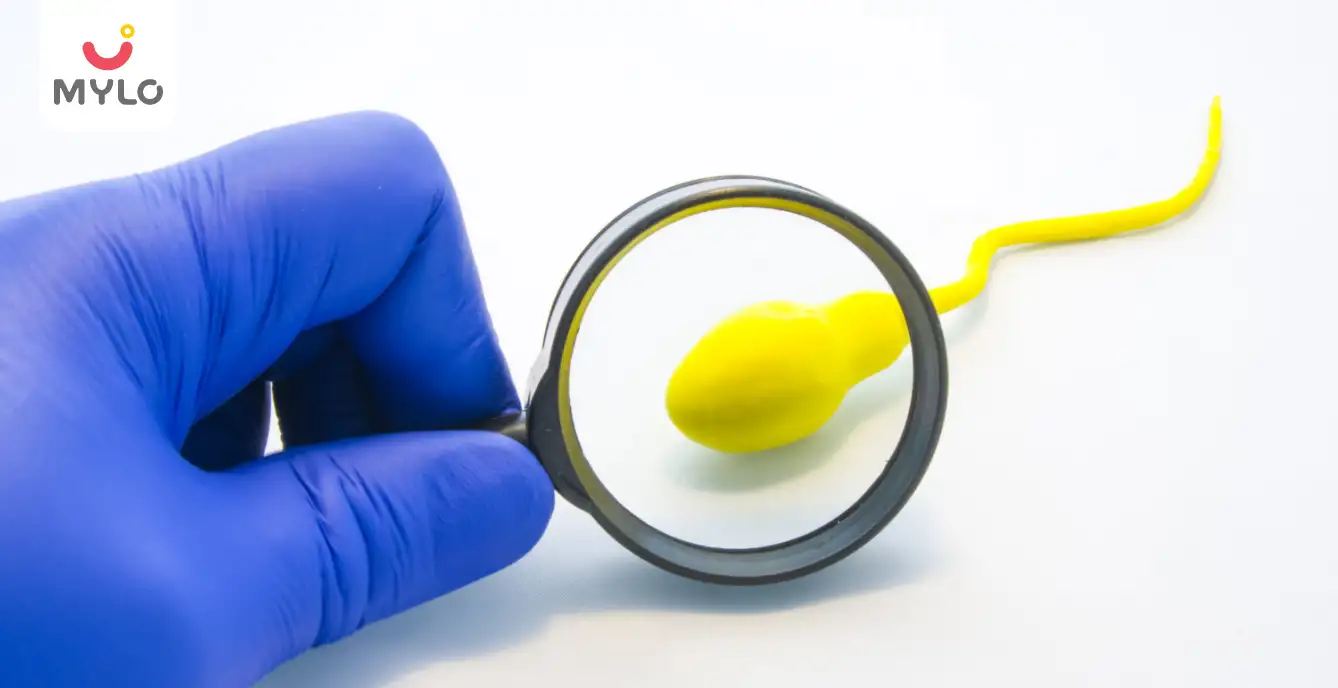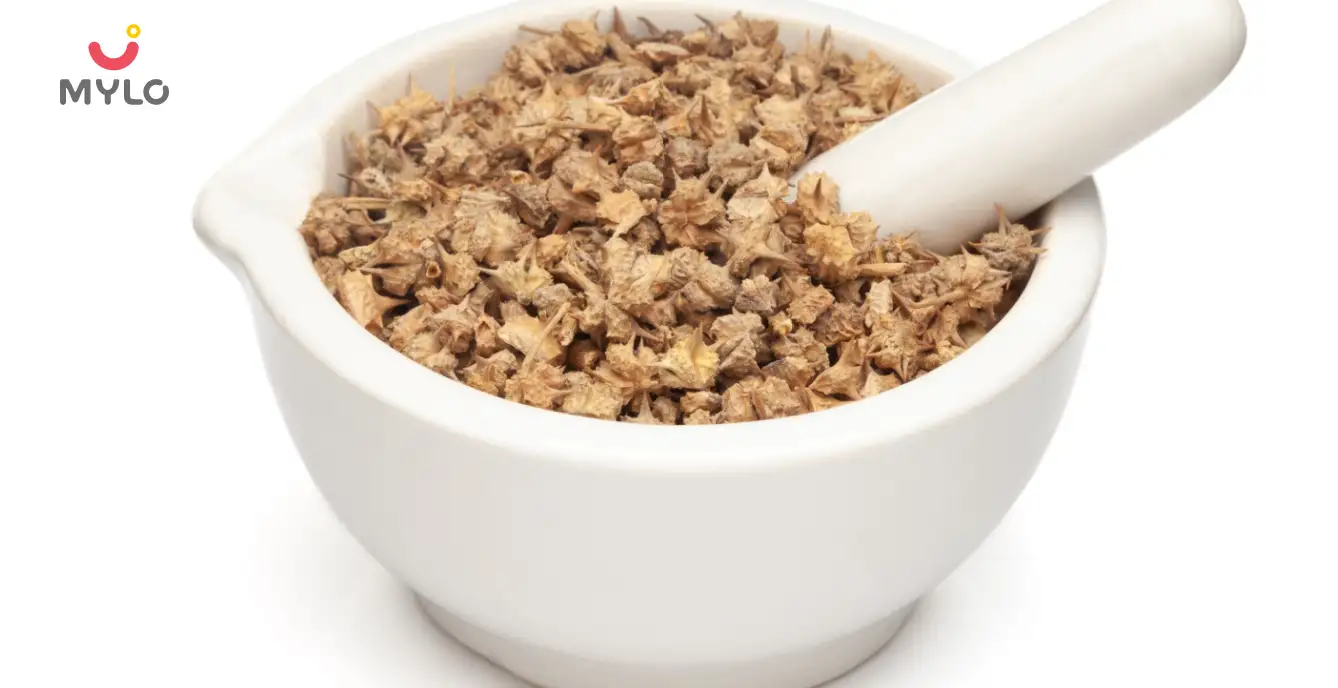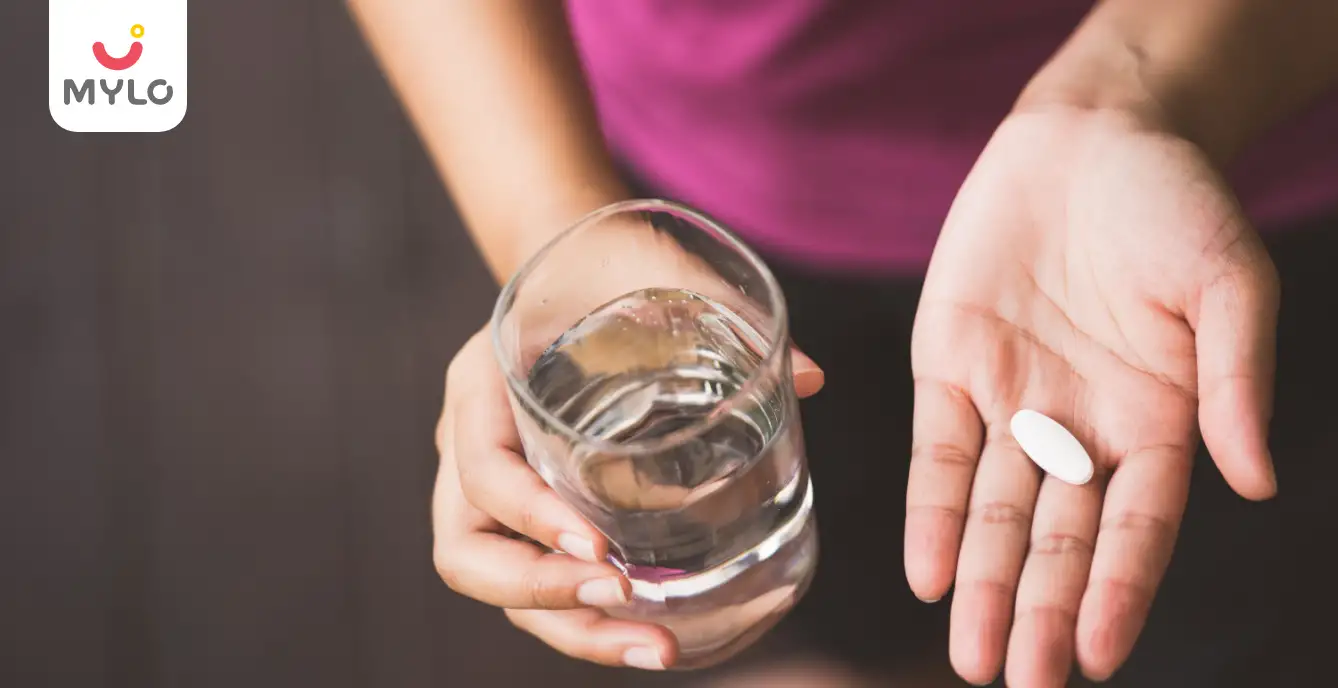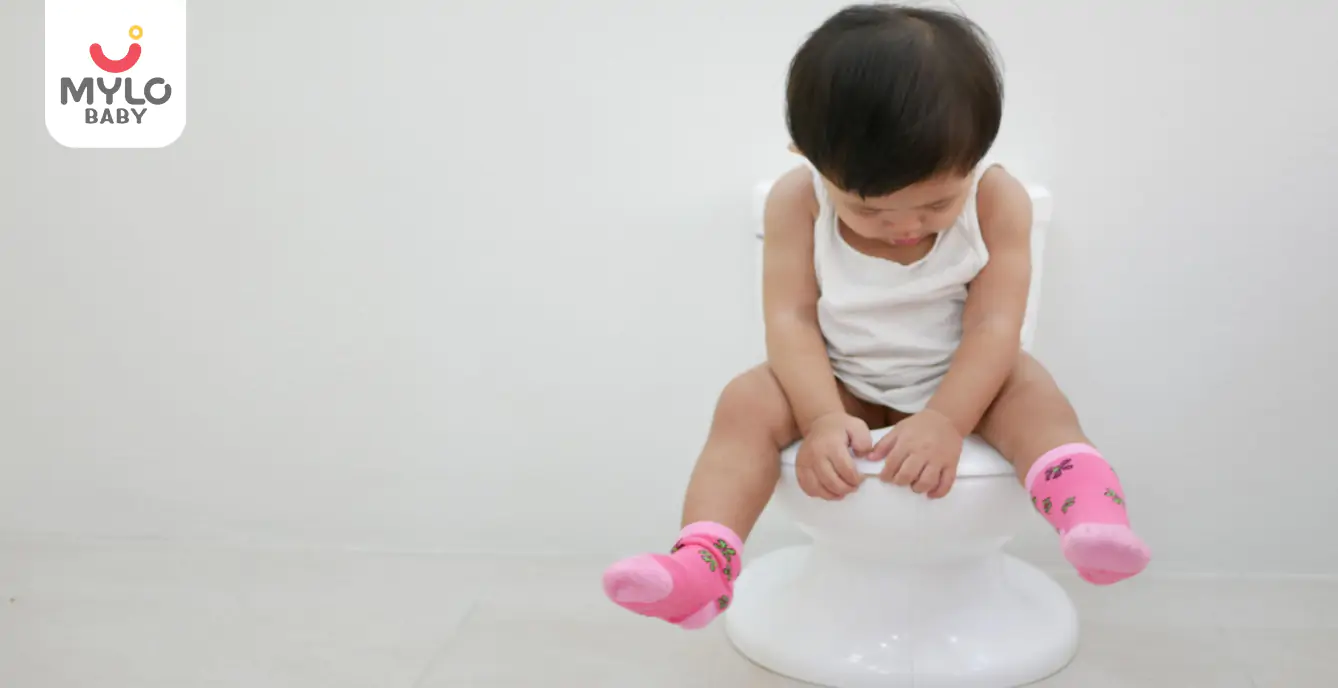Home

In Vitro Fertilization (IVF)

Foods to Avoid After Embryo Transfer & Other Precautions to Boost Your Chances
In this Article

In Vitro Fertilization (IVF)
Foods to Avoid After Embryo Transfer & Other Precautions to Boost Your Chances
Updated on 1 July 2023
Embryo transfer is a critical stage in the miraculous journey of assisted reproduction, where hopes and dreams mingle with scientific precision. While medical guidance is paramount, certain foods can play a dramatic role in this journey towards parenthood. In this captivating guide, we will discover which foods to avoid after embryo transfer and explore other transfer no bending after embryo transfer that can boost your chances.
Let's explore the interplay between nutrition, fertility, and the ultimate goal of creating life.
Why is it Important to Take Precautions After Embryo Transfer in IVF?
Here are the key points highlighting the importance of after-embryo transfer precautions:
1. Creating an optimal environment
Precautions help provide a conducive environment within the uterus for the transferred embryos to implant and thrive.
2. Minimizing stress
The embryo transfer procedure can be physically and emotionally taxing. Taking precautions reduces additional stressors that may interfere with implantation and allows your body to focus on nurturing the embryos.
3. Mitigating risks and complications
Precautions help safeguard against hazards such as infections, inflammation, or other factors that could negatively impact the implantation process.
4. Increasing chances of success
By following recommended precautions, you actively participate in your fertility journey and take proactive steps to maximize the likelihood of a successful pregnancy.
5. Empowerment and control
Adhering to precautions provides a sense of control and authorization during a time filled with anticipation and uncertainty, allowing you to contribute to the embryo transfer's success actively.
6. Supporting the implantation process
Precautions aim to optimize the conditions for embryo implantation, ensuring a nurturing environment that enhances the chances of successful attachment to the uterine lining.
You may also like: Things You Need to Know About Endometriosis Cyst and Pregnancy
Foods to Avoid After Embryo Transfer
After embryo transfer, you must be mindful of your dietary choices to create an optimal environment for implantation and early pregnancy. Here are some general recommendations:
1. Caffeine
Reducing or eliminating caffeine intake is advisable as it may affect blood flow to the uterus. This includes coffee, tea, energy drinks, and certain soft drinks.
2. Alcohol
It is recommended to avoid alcohol entirely during the crucial early stages of pregnancy. Alcohol consumption can harm the developing embryo and increase the risk of complications.
3. Raw or undercooked seafood and meats
To reduce the risk of foodborne illnesses, it's best to avoid raw or undercooked seafood (such as sushi or oysters) and meats (such as rare steak or unpasteurized deli meats). Opt for fully cooked options instead.
4. Unpasteurized dairy products
Avoid consuming unpasteurized milk, cheese, and other dairy products, as they may carry harmful bacteria that can risk the developing embryo.
5. High-mercury fish
Certain fish, such as sharks, swordfish, king mackerel, and tilefish, tend to have high levels of mercury, which can be harmful to the developing fetus. It's advisable to avoid these fish during the early stages of pregnancy.
6. Raw eggs and products containing raw eggs
Raw or undercooked eggs can carry the risk of salmonella infection. Avoid consuming homemade mayonnaise, raw cookie dough, or unpasteurized eggnog.
7. Excessive sugar and processed foods
While there is no need to eliminate sugar, limiting your intake of sugary treats and processed foods is wise. Focus on a well-balanced diet that includes fresh fruits, vegetables, lean proteins, and whole grains.
Sleeping Position After Embryo Transfer
The optimal sleeping position after embryo transfer is another after embryo transfer precautions. Here are a few suggestions:
1. Back sleeping
Some fertility specialists recommend sleeping on your back with a pillow or two under your hips to elevate your pelvis slightly to promote blood circulation to the uterus and optimize the chances of embryo implantation.
2. Side sleeping
Sleeping on your side, particularly the left side, is a commonly recommended position during pregnancy. This position enhances blood flow and reduces pressure on major blood vessels, potentially benefitting the developing embryo. Placing a pillow between your knees can help support your hips and align your spine.
3. Personal comfort
Ultimately, the most critical factor in choosing a sleeping position is your comfort, as a good night's sleep may indirectly contribute to the success of embryo implantation.
4. Sitting Position After Embryo Transfer
After learning about foods to avoid after embryo transfer, let's discuss sitting position, another crucial aspect regarding precautions after an embryo transfer in IVF. Here are a few suggestions:
5. Comfortable and relaxed posture
An essential factor when sitting after embryo transfer is maintaining a comfortable and relaxed posture to avoid strain on your back or abdomen.
6. Avoid prolonged sitting
It's generally advisable to avoid long periods of sitting after embryo transfer to promote blood circulation and prevent stiffness.
7. Avoid excessive pressure on the abdominal area
You must refrain from activities or sitting positions that exert direct and prolonged pressure on your abdomen.
8. Listen to your body
If you experience discomfort or pain in any sitting position, find a more comfortable alternative.
9. No Bending After Embryo Transfer
A standard preventive guideline advises individuals to avoid excessive bending or heavy lifting after embryo transfer. Here's why this guideline is often suggested:
Excessive bending at the waist or heavy lifting can increase pressure on the abdominal area.
Bending and heavy lifting can strain the muscles and potentially cause discomfort or pain, especially if the individual has undergone recent fertility procedures.
Following the no bending or heavy lifting guideline encourages individuals to prioritize relaxation and rest.
Other Precautions After Embryo Transfer in IVF
Apart from the precautions mentioned earlier, here are some additional recommendations to consider after embryo transfer in IVF:
1. Rest
Adequate rest and relaxation are crucial after embryo transfer. Take it easy and avoid strenuous activities, heavy lifting, and vigorous exercise during the initial days following the procedure. Allow your body time to heal and adjust to the embryo transfer.
2. Avoid exposure to toxins
Minimize exposure to harmful substances that could affect the embryo's implantation and development. This includes avoiding smoking, secondhand smoke, alcohol, recreational drugs, and environmental toxins.
3. Medication adherence
Follow your prescribed medication regimen diligently. Take all prescribed medications as directed by your fertility specialist, including hormone medications, progesterone supplements, or any other medications prescribed to support the implantation process.
4. Emotional well-being
Pay attention to your emotional well-being during the post-transfer period. IVF can be emotionally challenging, and managing stress and anxiety is essential. Engage in activities that promote relaxation, such as meditation, deep breathing exercises, gentle yoga, or seeking support from a therapist or support group.
5. Avoid excessive heat exposure
Prolonged exposure to high temperatures, such as hot baths, saunas, or hot tubs, should be avoided after embryo transfer. Elevated body temperature can interfere with implantation.
6. Follow your fertility specialist's instructions
Your fertility specialist will provide specific instructions based on your case. It's crucial to follow their guidance regarding the timing and dosage of medications, follow-up appointments, and any additional precautions or recommendations specific to your situation.
The Bottomline
In conclusion, the period after an embryo transfer in IVF is crucial when knowing about foods to avoid after embryo transfer can significantly impact the chances of a successful pregnancy. While there isn't an exhaustive list of strict rules to follow, specific general guidelines regarding sleeping position after embryo transfer and sitting position after embryo transfer can help create an optimal environment for implantation and support the early stages of pregnancy. By following these precautions, individuals can actively contribute to creating a supportive environment for embryo implantation and maximize their chances of a successful pregnancy.
References
1. Afeiche, M. C., Chiu, Y.-H. ., Gaskins, A. J., Williams, P. L., Souter, I., Wright, D. L., Hauser, R., & Chavarro, J. E. (2016). Dairy intake in relation toin vitrofertilization outcomes among women from a fertility clinic. Human Reproduction, 31(3), 563–571.
2. Gaskins, A. J., & Chavarro, J. E. (2018). Diet and fertility: a review. American Journal of Obstetrics and Gynecology, 218(4), 379–389.



Written by
Madhavi Gupta
Dr. Madhavi Gupta is an accomplished Ayurvedic doctor specializing in Medical content writing with an experience of over 10 years.
Read MoreGet baby's diet chart, and growth tips

Related Articles
Related Questions
Influenza and boostrix injection kisiko laga hai kya 8 month pregnancy me and q lagta hai ye plz reply me

Hai.... My last period was in feb 24. I tested in 40 th day morning 3:30 .. That is faint line .. I conculed mylo thz app also.... And I asked tha dr wait for 3 to 5 days ... Im also waiting ... Then I test today 4:15 test is sooooo faint ... And I feel in ma body no pregnancy symptoms. What can I do .

Baby kicks KB Marta hai Plz tell mi

PCOD kya hota hai

How to detect pcos

RECENTLY PUBLISHED ARTICLES
our most recent articles

Reproductive health
Semen Analysis: A Comprehensive Look at Male Reproductive Health

Sex Life
Understanding Premature Ejaculation: Causes, Symptoms, and Treatment Options

Health & Wellness
Gokshura: The Ancient Ayurvedic Remedy for Optimal Sexual Health and Wellness

Sex Life
Retrograde Ejaculation: Unraveling the Mystery Behind This Uncommon Sexual Dysfunction

Conception
Fertisure F: The Key to Unlocking Your Fertility Potential & Chances of Conception

Potty Training
Here's everything you need to know if you want to give potty training to your infant or try Elimination Communication.
- Top 4 Kinds of Infertility Treatments to Cure Male Infertility
- Sleeping positions during pregnancy
- Burning Sensation After Sex: What Could It Mean
- Hormonal Imbalance in Men: What You Need to Know About Its Hidden Effects
- Kapikacchu: The Secret Ingredient for Boosting Fertility and Libido
- Safed Musli: The Secret Ingredient to Boost Your Immune System and Lifestyle
- What Causes Blurred Vision During Pregnancy & How to Deal With It?
- Suffering from Insomnia during your Pregnancy: Here are the Symptoms and Solutions
- Original Shilajit: The Key to Unlocking Your Health and Wellness Goals
- Pregnancy Induced Hypertension : Symptoms, Causes & Treatment
- 10 Amazon Prime Series to Look Forward to in 2023
- Nipple Shield 101: Everything You Need to Know Before Trying One
- All About Stem Cells, Their Usage and Potential Effectiveness in the Treatment of Different Diseases
- How to Manage Your Gestational Diabetes? Find 5 Easy Ways to Maintain the Sugar Level in Pregnancy and Stay Healthy!


AWARDS AND RECOGNITION

Mylo wins Forbes D2C Disruptor award

Mylo wins The Economic Times Promising Brands 2022
AS SEEN IN

- Mylo Care: Effective and science-backed personal care and wellness solutions for a joyful you.
- Mylo Baby: Science-backed, gentle and effective personal care & hygiene range for your little one.
- Mylo Community: Trusted and empathetic community of 10mn+ parents and experts.
Product Categories
baby carrier | baby soap | baby wipes | stretch marks cream | baby cream | baby shampoo | baby massage oil | baby hair oil | stretch marks oil | baby body wash | baby powder | baby lotion | diaper rash cream | newborn diapers | teether | baby kajal | baby diapers | cloth diapers |




